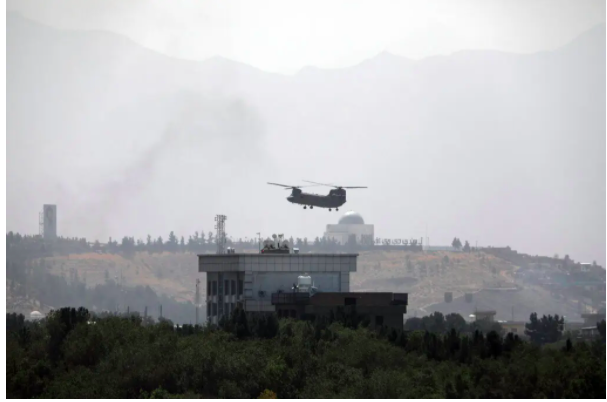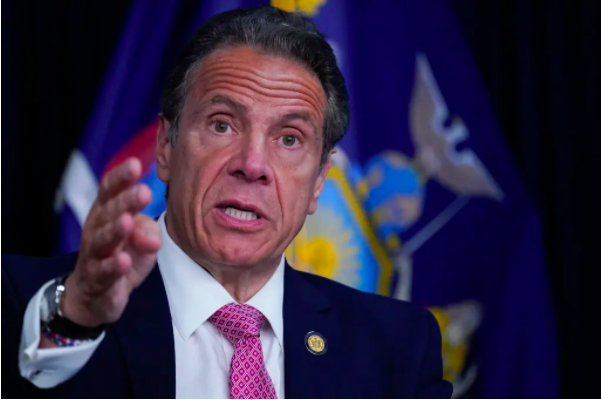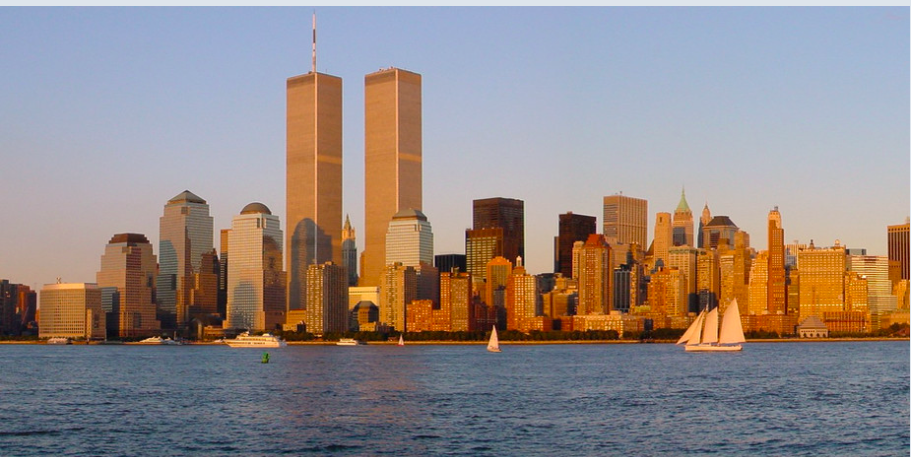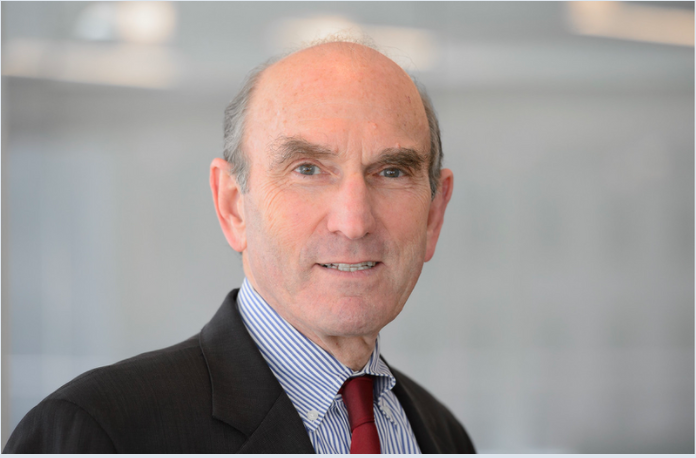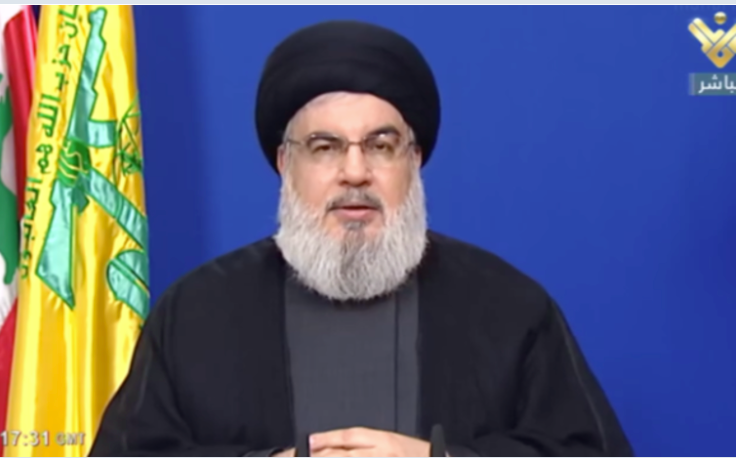
Collision course? How Israel and Hezbollah may be forced to fight another war within the year
On August 5th 2021, Hezbollah fired more than a dozen rockets at northern Israel for the first time, since the last Lebanon war in 2006 which killed 1200 Lebanese and 160 Israelis. In response to those rockets, Israel launched air strikes against multiple Hezbollah targets. The Iron Dome system intercepted most of these rockets, while few landed in open areas and there were no injuries declared by the Israeli officials. Hassan Nasrallah claimed that the launching of the rockets was a response to Israel air raids on Lebanese soil. He said in a televised speech, “we wanted to tell the enemy that any airstrike by the Israeli air force on Lebanon will inevitably draw a response, though in a suitable and proportionate way”. However, Hezbollah’s swift halting of escalation after launching dozens of rockets on the north of Israel and the short and limited response of Israel clearly showed that neither Israel nor Hezbollah wants war. Hezbollah is concerned with the declining situation in Lebanon, where inflation is out of control and there are shortages of electricity, fuel, food and medicine. This situation has led to discontent with the Government (and Hezbollah as well) that started back in 2020 amid the Beirut Port explosion, which encouraged thousands of angry protesters chanting anti-Hezbollah slogans, accusing the group for illegally bringing tons of ammonium nitrate into Beirut, and their reputation is still declining. Lebanon's influential Maronite Catholic Patriarch Bechara Boutros during his Sunday Mass urged the Lebanon army to “confront Hezbollah for the sake of Lebanon, and to take control of the entire lands of the south, to prevent the launching of missiles from Lebanon”, referring to the recent rockets fired into northern Israel by the group. In an effort to reassure Lebanese citizens about the recent clashes with Israel, Hezbollah leader Nasrallah said in a televised statement, “We don’t want to get into problem with anyone. We want to help our people”.

